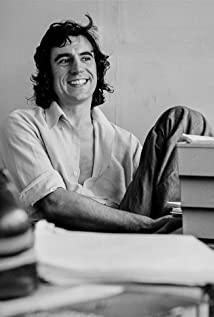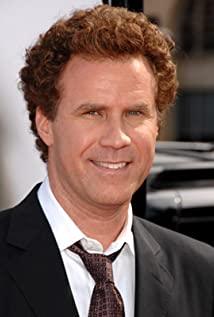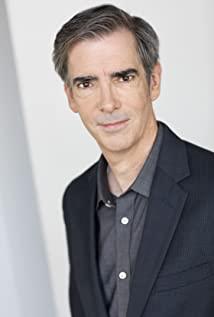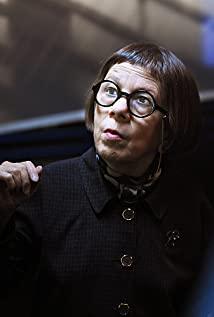It was Harold's act of dying knowingly that Karen finally decided to "let" him live. She ends by saying to Professor Hibert "Isn't Harold the kind of person we want him to live?", however, the underlying implication is that in Karen's heart, life has an independent meaning and no longer Being pinned on death, she is no longer obsessed with the splendid splendor, on the contrary, she discovers the beauty of life in the ordinary and inconspicuous life. It was Harold's actions that saved her soul. In this sense, at least in my own sense, Karen becomes the real protagonist of the whole film in an instant.
In reality, we can find many "old" Harolds, and many "new" Harolds, and even those that have transitioned from "old" to "new". We can understand the difference between the old and the new, as well as the process of this transformation and its implications. But how do we see it? It doesn't matter to us, or is out of the way, even if we understand the meaning, we can't project it on ourselves, we can't touch our own view of life. Just like Professor Hibert, always standing in the perspective of a bystander, even in the face of the living Harold, he can only think from the perspective of literature. Also like the "old" Karen, coldly arranging the life and death of her fictional protagonist. But because of the bizarre encounter, and because of her ability to control, she finally couldn't see Harold as "someone else", so her heart was touched and a profound transformation occurred. The scene where Professor Hibert finally dives is also meaningful.
With a sigh, I have to admire the extraordinary imagination of the author (referring to the film author, not Karen).
However, I don't understand the plot, and I don't want to understand it. It was after Harold had read the manuscript of the novel, after reading the course of his own life, why would he accept this fate? He should not have made decisions from a literary point of view, like Professor Hibert. Even the greatest literary works are not worth the care of the most humble life, let alone his own life. And he knows that Karen can arrange the development of reality, why not ask Karen to rewrite it? What is he after? What to achieve? Is it a logical flaw? Maybe have to re-read it twice to figure it out.
View more about Stranger Than Fiction reviews











